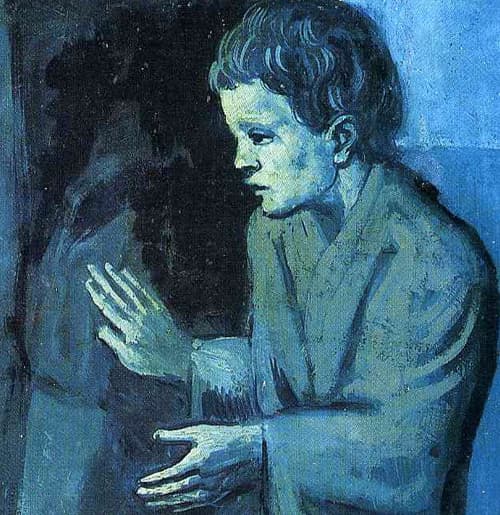Stephanie Staal,
The Love They Lost: Living with the Legacy of Our Parents' Divorce
(Dell Publishing, 2000, 246 pages).
The explosion of divorce in the 1960s and 1970s has brought about a generation in which half its members have grown up in broken homes. In The Love They Lost, Stephanie Staal argues that while research has been done on the effects of divorce on society, culture, and the family as a whole, there seems to be little room for the voices of those most affected: the children of divorce.
Staal, herself a child of divorce, has written a book that is a combination of personal memoir and journalistic feature story. Her parents divorced when she was thirteen, but she feels the real trauma of this event has come in her adult years when she is trying to form attachments of her own. Unsatisfied with the dry conclusions of statisticians and sociologists, Staal turns to other members of the "divorce generation" to discover what is lacking in her understanding of love and relationships.
Staal turns what could have been a collection of raw data into a narrative of raw emotion. The heart-breaking experiences of 120 children of divorce are woven into an analysis of how events of the past shape the perception of the present. The disintegration of these families left these children not only with pieces of lives, but also planted seeds of self-doubt and distrust that have come to fruition in their adulthood. Rather than a one-time event, divorce becomes "a theme that permeates our lives." Not having a model from which to work, these individuals must construct an understanding of how healthy relationships function from less than nothing: they only know what not to do. Further, since a child's self-perception is so damaged by the breakup of the family, a majority of these individuals do not think they are worthy or capable of having a relationship that does not end in rejection. Left without a home or a compass, adult children of divorce become "emotional nomads," drifting in and out of relationships, hoping for love and stability but never knowing how to achieve it.
The problem is laid out in startling and convincing detail, but Staal's conclusion is flat and disappointing. After enumerating the devastating repercussions of a life lived in the shadow of divorce, the final section, "Rebuilding Relationships, Rediscovering Love," devolves into postmodernist drivel. In a strange turn, the author begins to lament the fetters of "traditionalism" and "gender barriers" - terms and concepts mentioned only in the last few pages - and declares that any and all kinds of relationships are legitimate, as long as we define them "in our own way." Cohabitation is not examined or questioned, just accepted as normative. For all the research Staal has done, it seems important statistics (such as the increased divorce rate among cohabitating couples) were overlooked or ignored. The author desperately wants to find a safe passage for herself and fellow victims of divorce, but does not even think to examine the presuppositions of the culture that helped form the conditions for the breakdown of the family in the first place.
The Love They Lost is an excellent chronicling of the pain and confusion that are the inheritance of children of divorce. It gives an invaluable perspective on the experience of living a fractured life. Sadly, however, even its conclusions are a symptom of the brokenness produced by the divorce culture rather than an antidote. We are still waiting for a work that is able to combine Staal's insight into this subjective dimension of the experience of divorce with an understanding of the child's objective need to grow in a family that understands and respects marriage.
Colet C. Bostick is a writer and editor living in Damascus, Maryland.



